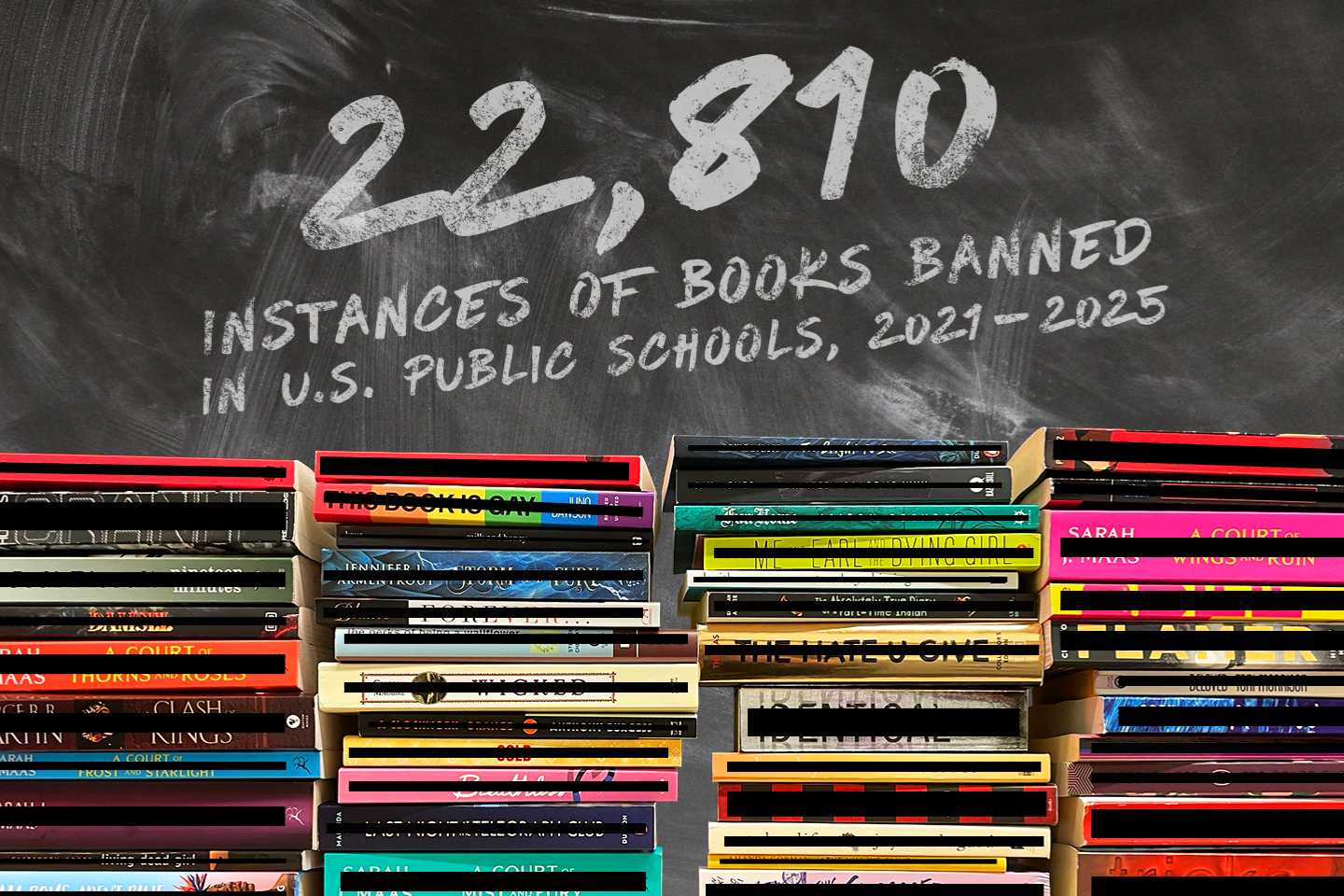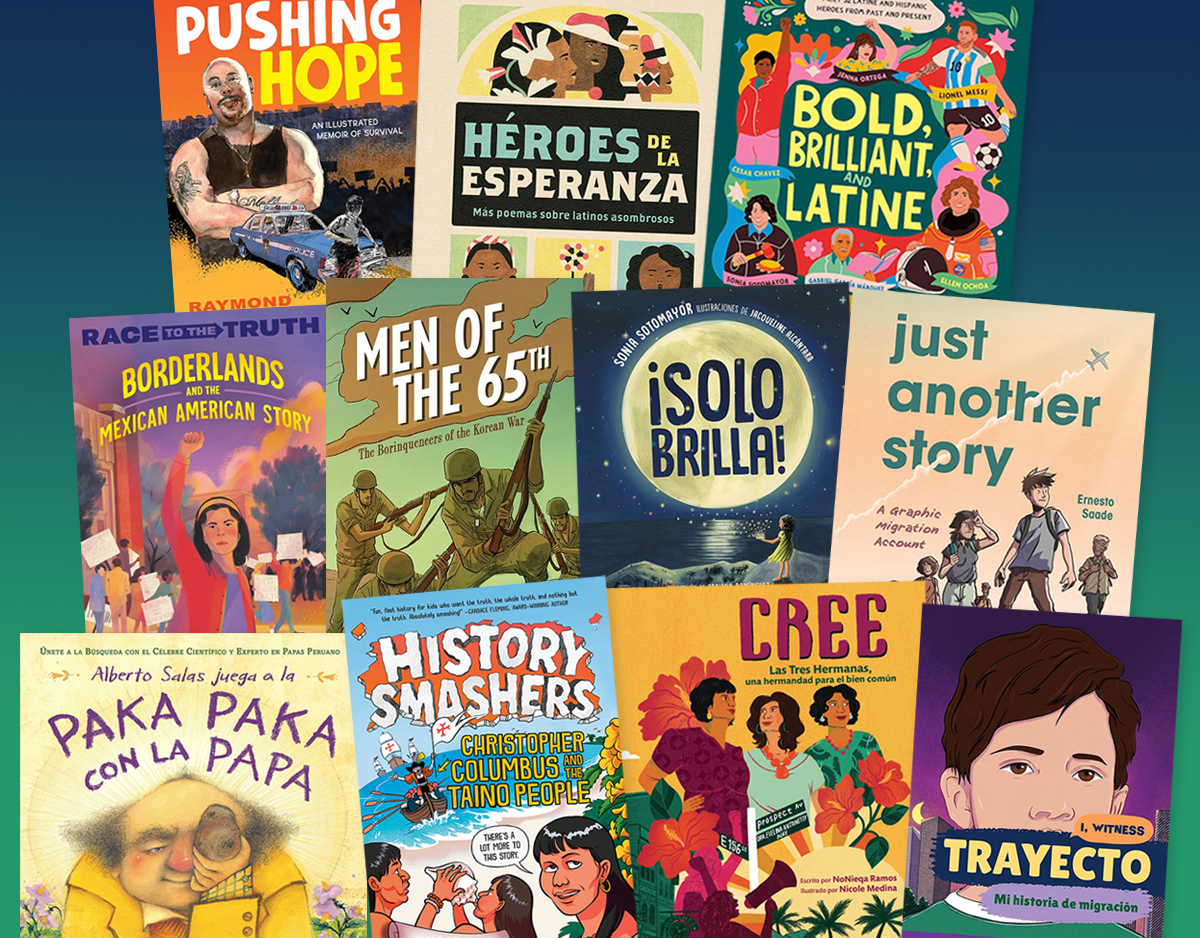School Libraries
Brag tags and a parent book club created better, more engaged readers at South Park Elementary School in Deerfield, IL.
Joanna How and Caroline Kusin Prichard had arrived to speak about their book The Day the Books Disappeared when they were asked to alter their presentation; Maryland state school board overrules Harford County’s decision to remove Flamer; Utah bans 19th book from all schools; and more.
The Arkansas district instructed staff on how to block student access to 50 titles; the Alabama Public Library board wants to ban books that “positively” depict trans lives; Texas district reopens school libraries; and more.
A district court judge said removing the picture book about two male penguins raising a penguin chick did not violate the authors’ or students’ First Amendment rights; the South Carolina Association of School Librarians filed suit against the state superintendent; and more in censorship news this Banned Books Week.
PEN America released data for the 2024–25 school year, with more than 6,800 instances of book bans in districts across the country.
The Discovery Fair will feature STEAM titles and science kits and will be available starting in January
From a personal immigration story to the latest picture book from Sonia Sotomayor, these works for young people highlight the accomplishments and history of Latine people.
Erica Sikma explains what led her back to school for her MLIS degree.
Some students in North Carolina will no longer have access to their public library through their school ID; Florida appeals Penguin Random House v. Gibson decision; book ban debates in Nevada and Iowa; and more.
ALREADY A SUBSCRIBER? LOG IN
We are currently offering this content for free. Sign up now to activate your personal profile, where you can save articles for future viewing






